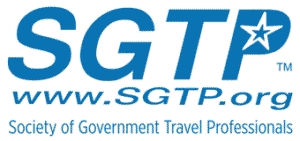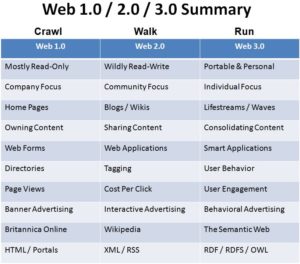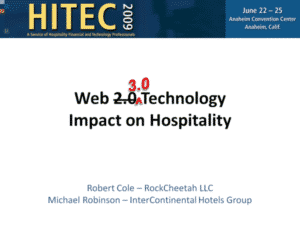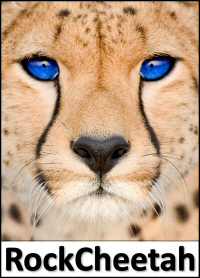In 2015, The Phocuswright Travel Innovation Summit has been expanded to showcase 41 companies with new products for the travel industry. New this year, in addition to calling the pool of judges “The Dragon’s Den,” is the new Battleground round where 21 startups compete for three open Travel Innovation Summit slots.
Google Redesigns Hotel Search with Big Integration
Google’s hotel search has to balance the needs of hotels, online travel agents, travelers and advertisers. By updating their hotel search, Google has certainly won more fans from the hotel community, but has not alienated advertisers – especially the OTAs. Their trick was to unify hotel search with other forms of local search and to smartly focus on the needs of the consumer.
How Big Data, Deep Web & Semantic Technologies Change Travel Marketing
Big Data, The Deep Web and the Semantic Web are all buzzwords that are bandied about, but they represent very real technologies that will dramatically alter the foundations of travel marketing. Robert Cole’s Keynote presentation to the 2013 Association of Travel Marketing Executives addresses the main benefits of deploying the technologies. Incredible opportunities exist for those who smartly plan to adopt the technologies to effectively engage with travelers.
Future Lodging Trends and Emerging Technologies – Wisconsin Hotel and Lodging Association
The closing keynote address for the Wisconsin Hotel & Lodging Association, Future Lodging Trends and Emerging Technologies, targeted the rapidly changing business landscape and the need to address many fundamental changes impacting marketing and technology. Topics covered included: Web 1.0, Web 2.0 & Web 3.0; Four Traveler Mandates; Five New P’s of Marketing; Six Business Impacts and the Seven Phases of Travel. The WH&LA Annual Conference and Tradeshow was held at Hotel Sierra in Green Bay, Wisconsin on October 26, 2010.
Future Trends Leading Technologies – Society of Government Travel Professionals
The Society of Government Travel Planners EdCon’10 Keynote Address focused on growing traveler needs for Relevance, Mobility, Personalization and Community. Developing effective strategies to address deep search, the splinternet, convenience and security will be essential. Eventual winners will be the smart, the unique and the engaged.
Impact of Structured Data on Travel Search
Search is radically changing to become more contextual, relevant and focused on producing the right answer for the user. Structured data sourced from the Deep Web is essential to provide a solid foundation for linked data to define semantic relationships between pieces of information. This is what transitions the web of documents to a web of data. The resulting relevant, convenient and highly personalized search experiences create trust. Whoever earns the trust of the consumer wins. The endgame for Web 3.0 players has never been more clear. Presented at the Open Travel Alliance 2010 Advisory Forum.
HITEC Presentation – Web 2.0 & 3.0 Impact on Hospitality Technology
The hospitality industry has been relatively slow to adopt Web 2.0 technology, so when asked to speak at the annual HFTP HITEC conference, RockCheetah’s Robert Cole and InterContinental’s MiCharl Robinson decided to look forward to Web 3.0 technologies as well. Breaking the presentation into two sections, the first have reviewed the progression from Web 1.0 through Web 2.0 and onto Web 3.0 including the key technologies and key success factors. The second portion highlighted best practices by firms like Morgans Hotel Group, Joie de Vivre and Imagini Youniverse that serve as leading examples of Web 2.0 supporting hotel customer engagement.
Web 2.0 & 3.0 Impact on Hospitality Technology | HFTP HITEC
The hospitality industry has been relatively slow to adopt Web 2.0 technology, so when asked to speak at the annual HFTP HITEC conference, RockCheetah’s Robert Cole and InterContinental’s MiCharl Robinson decided to look forward to Web 3.0 technologies as well. Breaking the presentation into two sections, the first have reviewed the progression from Web 1.0 through Web 2.0 and onto Web 3.0 including the key technologies and key success factors. The second portion highlighted best practices by firms like Morgans Hotel Group, Joie de Vivre and Imagini Youniverse that serve as leading examples of Web 2.0 supporting hotel customer engagement.
















